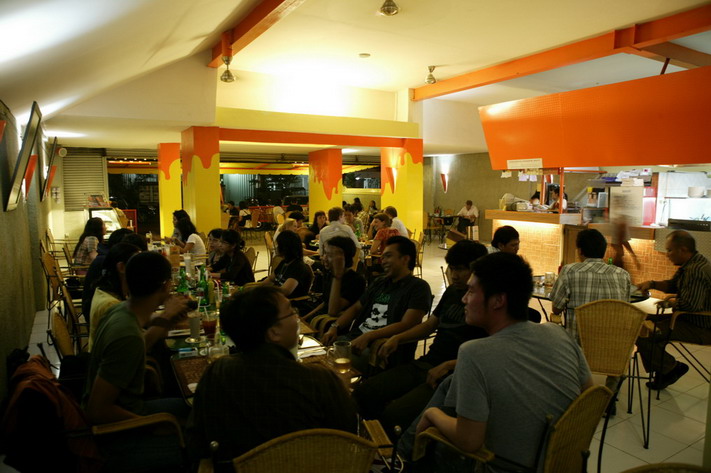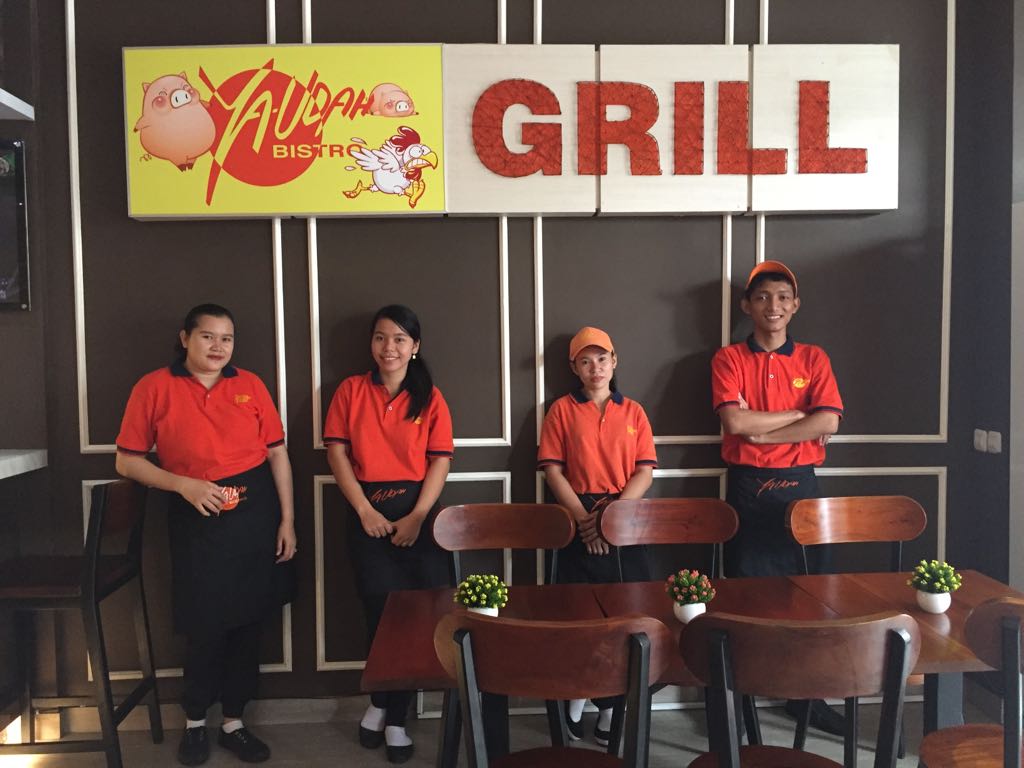The Varied Style of Welcoming Strangers
Human behavior, when dealing with an unknown, can be curious. “Please come in” is always an invitation with a calculated risk – particularly when facing a stranger.

What is the intention of the guest?
(Is that a religious book he is carrying – and do I have to deal with a missionary?) (Oh God – another salesman?)
Does the visitor bring along danger?
(Is he wearing a mask? Could he be diseased?)
Alas, we live in a precarious time – especially in a big city. it’s a sign of an uneasy era:
We all have those times when then is a knock at the door. Not all that long ago many of us wouldn’t think twice about just opening the door to greet the visitor. Not giving much thought as to the potential danger we could be facing.
Probably the worst-case scenario is opening the door to a home invasion. This can occur quickly and take place day or night. Then following this is the scam artists. The list goes on as to the potential dangers of answering the door.
The best protection you can have in place is an intercom system that not only allows you to see who is at the door but converse with them as well. Next to this would be a peephole that at least lets you identify that it is a stranger on the other side and not a familiar face.
Then there are driveway alerts that will warn you in many cases that someone may soon be approaching your door.
If as yet you don’t have these security measures in place you can still put some caution in place.
Don’t open the door but converse with them through the locked door. Ignoring them might be your first thought, but often criminals will knock on the door prior to attempting to gain entry. If they know someone is inside, they may not attempt this.
Even when you are conversing through the closed and locked door do not give any indications that you are alone in the house.
Traditionally one balances hospitality with caution, politeness with wariness – depending, of course, on the environs …

There is a long and rich history to hospitality.
Hospitium (Greek: ξενία, xenia, προξενία) is the ancient Greco-Roman concept of hospitality as a divine right of the guest and a divine duty of the host. Similar or broadly equivalent customs were and are also known in other cultures, though not always by that name. Among the Greeks and Romans, hospitium was of a twofold character: private and public.

In certain situations, it is the alien presence that has to take a gamble. Imagine you are an explorer in the time of Marco Polo, walking through new territories, ruled by invisible sovereigns. When you are challenged, can you communicate? What is the lingua franca? The interpreter can be the most precious member of your expedition.

Arabs, for instance, are famous for their hospitality to travelers.
When it comes to hospitality, Arabs are well-known for being masters in the art of welcoming. Historically, the origins of this behavior stem from the willingness to house and feed rogue desert travelers who passed through town. The ultimate goal of Arab hospitality is to honor a guest and break the ice, thus ridding people of the “awkwardness” and fear that comes with meeting a stranger.
In the Middle East, hospitality is a ritual. Typically, rituals are only left for the most sacred of traditions, and in Arab culture, the treatment of your guest(s) falls under this sacred caveat. Hosts follow a strict welcoming procedure to ensure all guests receive the same level of generosity, no matter the time of day or year. Because hospitality is held with the utmost importance, guests are meant to be welcomed into the family circle, even if they are strangers. Creating an ambiance of inclusion is the secret to the successful welcoming of a guest. By becoming a temporary member of the household upon entrance, they are also guaranteed protection from harm. Ultimately, a true Arab will do everything in his power to make guests feel at home, which also means: “no” isn’t an answer.

While modern Japanese are admired for their excellent manners and welcome to guests, this was not always the case. Before the forced opening during the Meiji Restoration (1868) foreigners – and their culture – were rebuffed, threatened or even attacked. Only in a tiny settlement off Nagasaki was a Dutch trading presence tolerated, because of the valuable firearms and medicinal trade.
Any Japanese who dared leave the islands and venture abroad had better stay there, because they would be put to death upon returning to Japan – to avoid contamination by an alien culture.
The guest is honored with diligence and sincerity in China.

A UNIVERSAL WELCOME: FOOD & DRINK
No matter where you go in the world—the desert, a major metropolis, a steamy jungle, or even a suburban home—friends and strangers welcome you with food. This inevitable offer of sustenance and refreshments is among our most endearing traits as human beings.
In the United States, we might set out coffee and cookies, or even break out the cocktails and appetizers. But hospitality takes on different guises once you step into other cultures. Much of this revolves around time-honored customs or religious and ethnic traditions. Your hosts mean to put you at ease as they welcome you into their family’s inner sanctums; and your job as a guest is to make them feel comfortable and relaxed, in return.

Imagine you are a guest in a Greek setting:
With cuisine this good, it probably comes as no surprise that the Greeks mastered the art of making their guests welcome long ago. Rituals and manners shaped by thousands of years of fine dining have resulted in the glorious hospitality the Greeks call xenia. Zeus had a penchant for taking the form of men whenever he walked among mortals, which is probably why, even today, the Greeks treat strangers with as much graciousness as they would a disguised god.
This being the leisurely Mediterranean way, you are expected to arrive late to dinner, which probably won’t get going until at least 9 p.m. But that will give you plenty of time to work up a ravenous appetite, which is your most important duty as a guest.
Food in Greece is famously delicious, so your second responsibility is to let your hosts know how much you are enjoying it. That is one of the reasons you have to clean your plate—actually wipe it clean with a piece of bread—and then ask for seconds. You will be made to feel so welcome and well fed that, in many ways, dining with Greek friends is like eating with your extended family (if your mother also happens to be one very amazing cook). When you are finally bursting, place your napkin next to your spotless plate to signal you don’t want any more—but do expect to be offered a strong cup of coffee and a long, leisurely chat at the table before you finally force yourself to leave.

INDONESIANS ARE SUCH WELCOMING HOSTS:
As a traditional pathway between Asia and the rest of the world, Indonesia is an “open society”, welcoming anyone with kindness and thoughtfulness.

And what better way to show this than with food and drink – either at home or in public. Yes, Ya Udah Bistro is now ready to welcome dine-in customers once again, after an enforced PSBB “lockdown”. Over two decades of friendly, welcoming service, always right-priced, the Bistro embodies the finest multicultural offerings of Euro-Asian cuisine. Fine food and frothy firewater, in a traditional open-air environment – though our new and snazzy Serpong branch has an air-conditioned section as well.

We make you and your guests feel most welcome.



